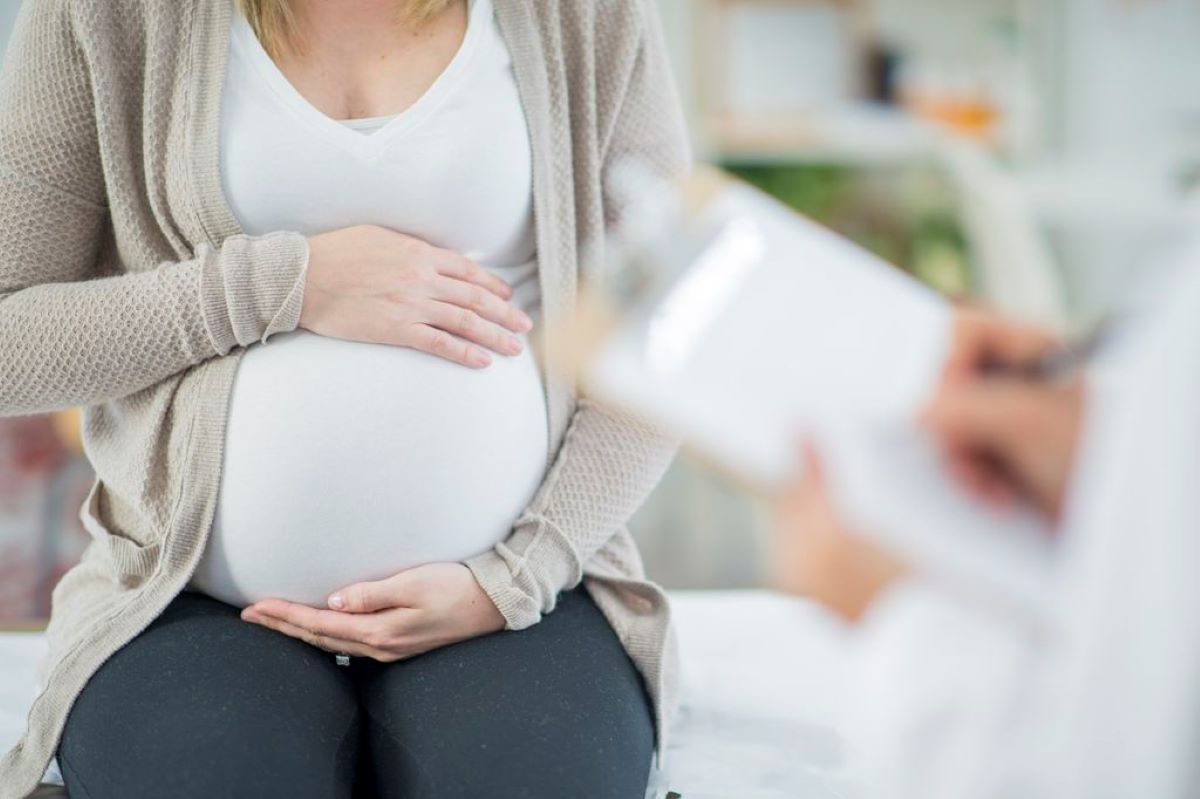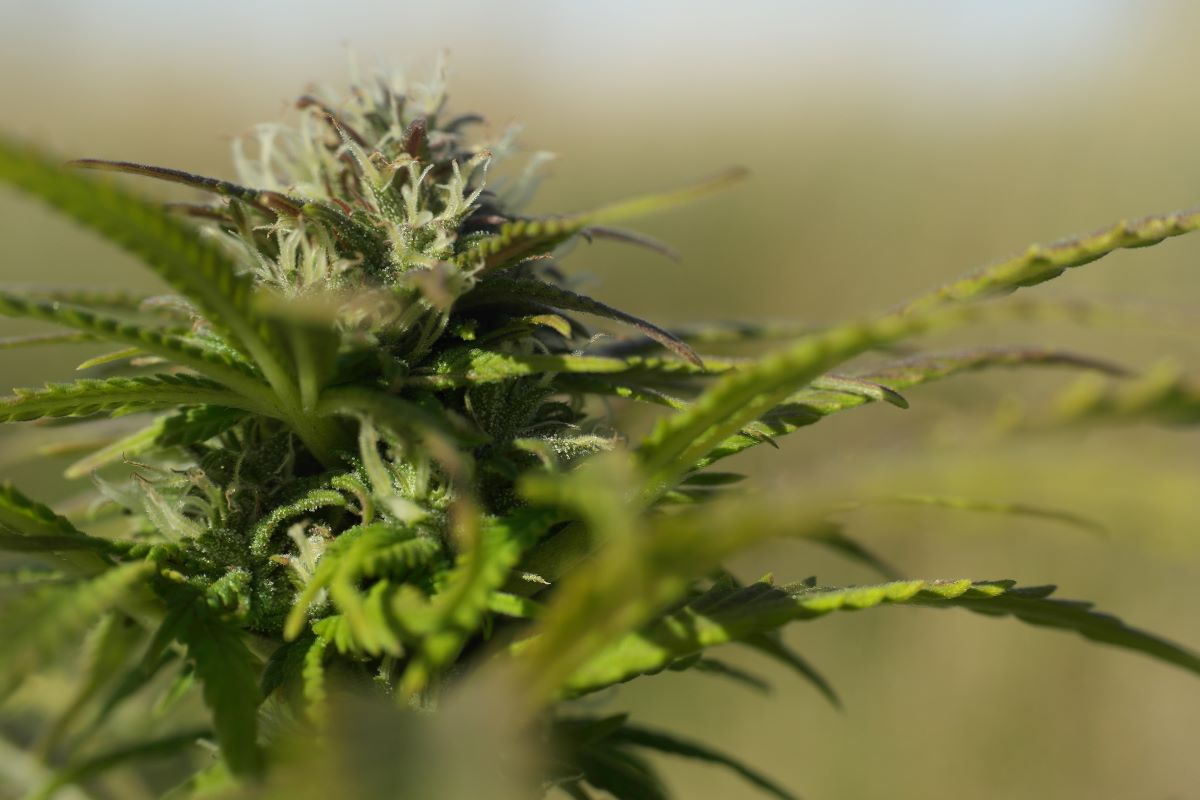A recent study published in “Frontiers in Pediatrics” has revealed that infants exposed to cannabis in the womb may exhibit enhanced language development by their first birthday.
This unexpected finding highlights the effects of prenatal cannabis exposure on early childhood neurodevelopment.
Nevertheless, experts recommend that women refrain from using cannabis during pregnancy due to established risks and uncertain long-term effects.
The medical community has expressed concern over the increase in cannabis use among pregnant women, particularly with a significant rise during the COVID-19 pandemic.
Although research on prenatal cannabis exposure is limited, some studies have indicated that in utero cannabis exposure could lead to neurodevelopmental issues in children, including cognitive abnormalities.
The research team, led by Maria M. Talavera-Barber from Avera Research Institute in South Dakota, undertook this study to better understand the impact of cannabis exposure during fetal development.
The researchers recruited 207 pregnant individuals and their 12-month-old infants from The Safe Passage Study, a large prospective study that tracked participants from 2007 to 2015.
Talavera-Barber and her colleagues evaluated the infants using the Mullen Scale of Early Learning, which assesses cognitive development in children from 2 days old to 68 months.
The scale measures gross motor skills, fine motor skills, expressive language, receptive language, and visual reception, with higher scores reflecting more advanced development.
Prenatal cannabis exposure was reported by the mothers. Participants were categorized based on whether cannabis exposure occurred early (first trimester only; 51 participants) or late (second or third trimester; 18 participants), and were then randomly matched with unexposed participants for comparison (138 participants).
The team analyzed the data using statistical models to investigate the relationship between cannabis exposure and developmental outcomes.
Unexpectedly, infants exposed to cannabis later in pregnancy scored higher in both expressive and receptive language areas compared to those who were not exposed.

Infants exposed early in pregnancy showed improved gross motor skills, although there were no differences in fine motor skills and visual reception skills.
The authors concluded, “Preclinical studies have shown abnormal brain connectivity in offspring exposed to cannabis affecting emotional regulation, hyperactivity, and language development.
Results from this study link [prenatal cannabis exposure] to altered early language development within the first year of life.
Exposed infants demonstrated increased expressive and receptive language scores at 12 months of age, which can translate to better performance in school. However, further research is needed to determine the implications of these results later in childhood.”
The study has some limitations. The data on cannabis use was self-reported, lacking details on the frequency, mode, and quantity of cannabis use. Additionally, the study did not consider the potential for postnatal cannabis exposure to the infants.
Despite these intriguing findings, pregnant women are advised to avoid cannabis use. Cannabis use during pregnancy is linked to other health risks, such as low birth weight, premature birth, and developmental issues like attention deficit/hyperactivity problems.
The potential risks to the fetus from cannabis compounds, such as tetrahydrocannabinol (THC), which can cross the placenta and impact fetal brain development, are well-documented in other research.
Medical organizations, including the American College of Obstetricians and Gynecologists, advise against cannabis use during pregnancy due to potential risks to fetal development.
These guidelines are based on a comprehensive review of available evidence, which generally supports the avoidance of cannabis use.
Given these concerns, pregnant women should prioritize caution and avoid cannabis use to safeguard the health and development of their child.
The potential benefits observed in one area of development do not outweigh the known and unknown risks associated with prenatal cannabis exposure.
